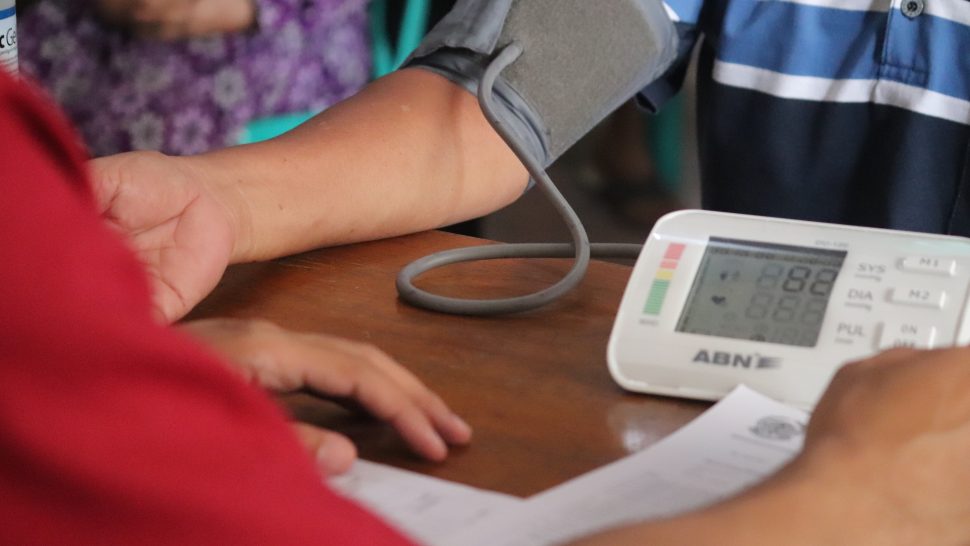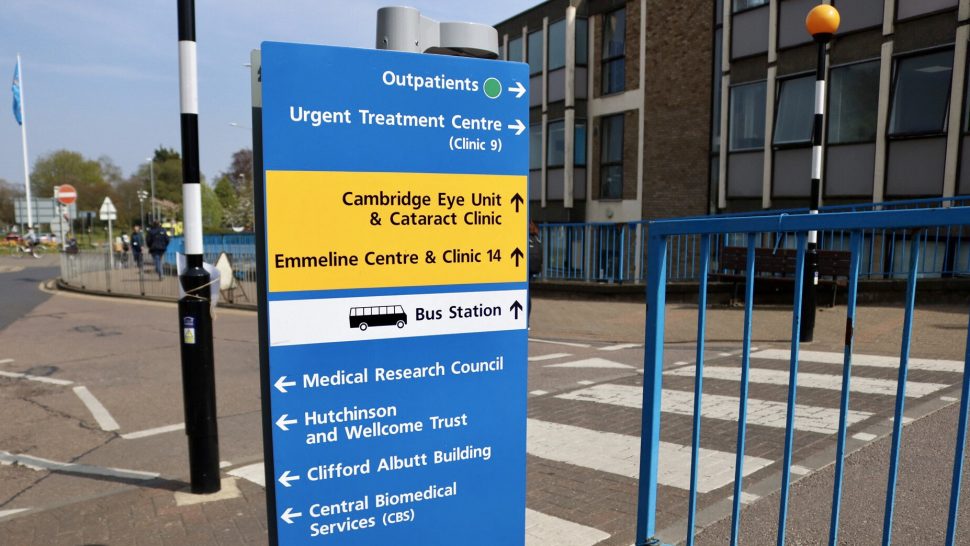What works: Funding models to address health inequalities
Mortality rates are higher in areas of greater deprivation, and life expectancy a decade shorter in the least affluent areas compared to most affluent areas in England. Addressing inequalities through funding is crucial given its impact on service provision, workforce distribution and consequently patient outcomes. This brief examines the evidence on how health care funding can be structured to reduce health and care inequalities.









